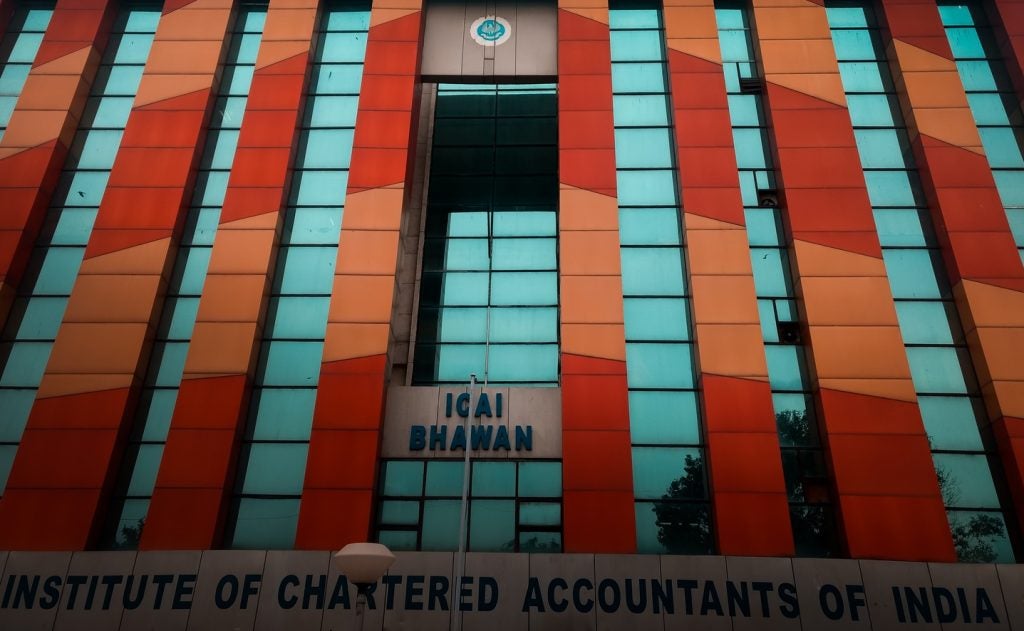To celebrate international youth day, The Accountant and International Accounting Bulletin asks professionals aged under 35 to share their thoughts on the profession: why they qualify as accountants, whether it was challenging and, now that they are in, how they see the profession and where it is going.
Zarylbek Abduvaliev
Managing partner
Kreston Ansar, Kyrgyzstan
My auditing career started in 2004 when I joined Mazars in Moscow following my graduation from Moscow State University of International Relations (MGIMO). I then started to work with Deloitte and KPMG in Bishkek. Going through all stages of the career ladder from audit assistant to audit manager in Deloitte in 2010, I finally founded Ansar Accountants audit firm in 2012.
At University, I chose international economic relationships and I was routed to the accounting department during my third grade. At first I was more interested in banking, however soon I realised that auditing profession has the privilege of being connected with different industries including the banking.
In order to practice auditing in Kyrgyzstan, you need to have a license from the State Service for Monitoring of Financial Markets. However in order to provide auditing services for international companies or companies interacting with foreign investments, you also need to have international certification such as ACCA. I received my ACCA qualification and Kyrgyz national auditing qualification in 2009. In order to obtain these you need to work and study at the same time. Normally, I would take 1-2 weeks study leave in order to prepare for exams. While the two weeks leave could be adequate for the exams preparations, I would still had to study after the normal working hours.
The profession is valued by the society because many industries are getting automated and people are replaced by machines. I think auditing profession will not be replaced by machines any soon. Although electronic devices are increasingly used by auditors, still very much judgement is required and there are many things that cannot be prescribed in detail through electronic means. At the same time, this poses some ethical threat as auditors have much room for manoeuvring in some business issues.
How well do you really know your competitors?
Access the most comprehensive Company Profiles on the market, powered by GlobalData. Save hours of research. Gain competitive edge.

Thank you!
Your download email will arrive shortly
Not ready to buy yet? Download a free sample
We are confident about the unique quality of our Company Profiles. However, we want you to make the most beneficial decision for your business, so we offer a free sample that you can download by submitting the below form
By GlobalDataAuditors follow international or national standards and corporate instructions, however still these cannot provide for all possible situations that may arise during the audit. For example, IFRS standards rely heavily on entity’s management estimates for some positions. If auditors highly challenge those estimates or are too pedantic, they lead to risk losing their clients. So we need to keep clear focus on our end clients, who are shareholders, investors and general public and not the entity’s management. At the same time, shareholders highly trust their management; otherwise they would not put them in this position.
We at Ansar Accountants value our ethics most. Bearing this in mind, I wanted to found a firm that would put a special tool on monitoring auditors’ ethics. I found that religious people have such internally built independence and stamina.
During my work at Deloitte I was not heavily involved in such processes as procurement, HR administration, hiring, public relationships etc. So when I started my own business this was a whole new world for me. Each of these business processes can be very difficult to manage, so it was rather tough during the first years. Later all these became more stable as I studied the new disciplines
I think it is not the duty of professional institutions to cater for prospective young accountants. Individual audit firms are members of professional institutions, so normally it is the responsibility of the firms and the young accountants themselves to get what is needed for a young accountant. Professional institutions can just support firms with methodology and information.
The auditing profession now heads towards greater transparency and control. Thus a more detailed disclosure of audit procedures would be required now in the audit report. I think it is a good step for raising quality in auditing. Currently we also see increasing competition on the audit market so the profession continues to get more efficient and effective.
I think during the coming years our generation could provide its own response to the current issues of maintaining ethics and becoming more efficient and transparent. I do not know for sure what the response would be, however I think the professional standards would definitely change.






